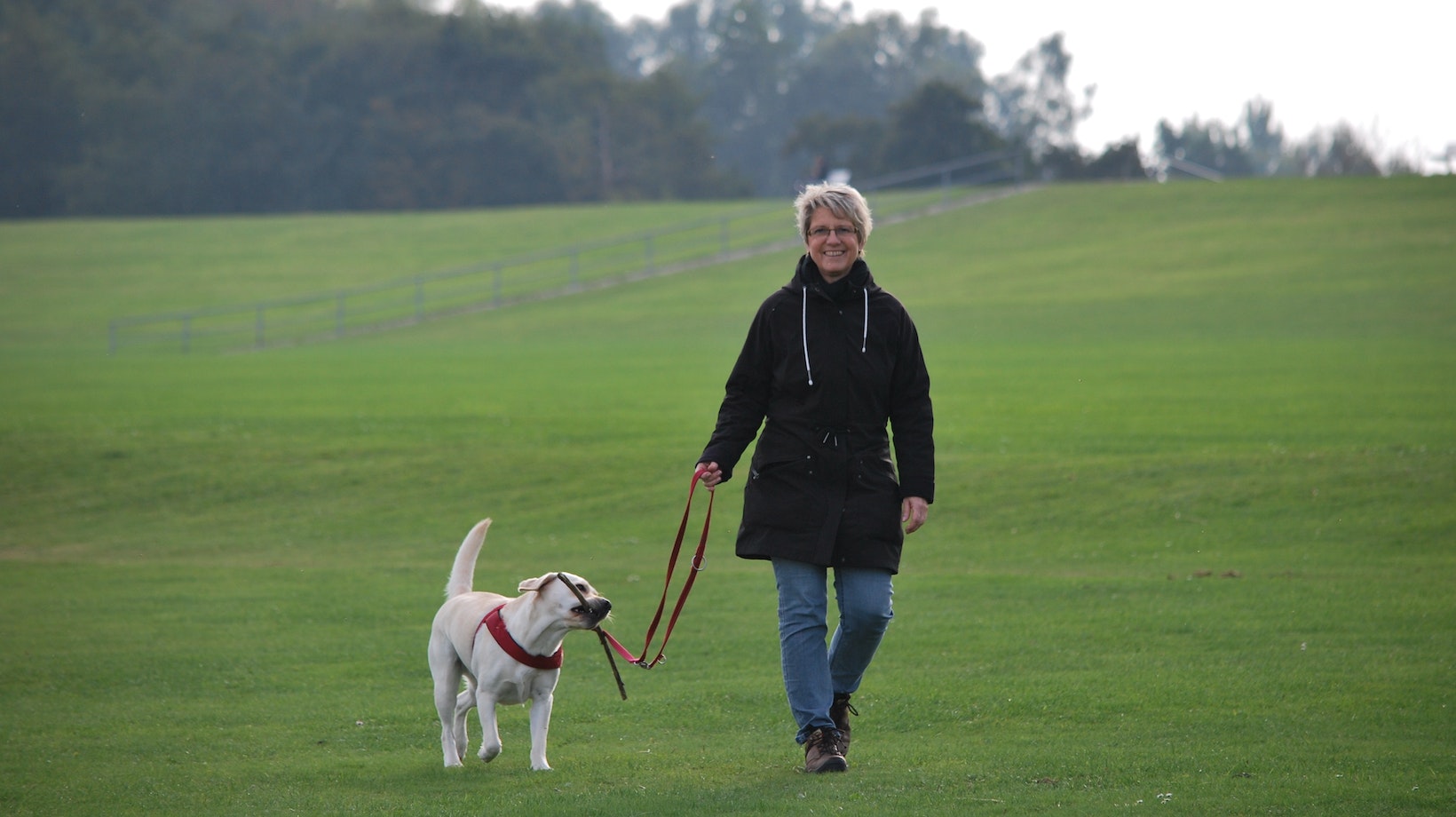How Old to Potty Train Puppy
Ideally, it’s best to start potty training your Labrador puppy around 8 to 12 weeks of age. At this stage, they have enough control over their bladder and bowel movements to begin learning the appropriate place to relieve themselves. However, every puppy is unique and may progress at their own pace.
When starting the potty training process with your Labrador, consistency is key. Establish a routine for bathroom breaks and take them outside frequently throughout the day. Keep an eye out for signs that they need to go, such as sniffing around or circling a particular spot.
Remember, accidents are bound to happen during the early stages of potty training. Be patient with your furry companion and avoid punishment or scolding if accidents occur indoors. Instead, focus on positive reinforcement when they eliminate in the designated outdoor area.
Understanding a Labrador Puppy’s Development
When it comes to potty training a puppy, understanding their development is crucial. Labradors, like any other breed, go through various stages as they grow and mature. By having a grasp of their developmental milestones, you can set realistic expectations and tailor your training approach accordingly.
- Early Socialization: During the first few weeks of a Labrador puppy’s life, they rely on their mother and littermates for social interaction. This period is critical for learning important social skills and bite inhibition. As responsible pet owners, it’s essential to expose them to different people, animals, sounds, and environments during this time to ensure proper socialization.
- Cognitive Development: Labradors are known for their intelligence and quick learning abilities. Around 8-10 weeks old, they start developing problem-solving skills and basic understanding of cause-and-effect relationships. This stage is an ideal time to introduce simple commands like “sit” or “stay” while incorporating positive reinforcement techniques.
- Physical Growth: From around 3-6 months old, Labradors experience rapid physical growth. They may become more curious about their surroundings and have increased energy levels during this stage. It’s important to provide them with plenty of mental stimulation in the form of puzzle toys or interactive games while continuing their potty training routine.
- Adolescent Phase: Labrador puppies enter adolescence between 6-12 months old, which can bring some challenges in terms of behavior and impulse control. Hormonal changes during this period may lead to stubbornness or testing boundaries. Consistency in training methods combined with patience will help navigate through this phase successfully.
- Adult Maturity: Labradors typically reach full adulthood between 1-2 years old but continue to develop mentally until around 3 years old. By this point, most Labs have mastered basic obedience commands and have better bladder control for effective potty training.

Creating a Consistent Schedule for Potty Training Your Labrador Puppy
When it comes to potty training your Labrador puppy, one of the key factors for success is establishing a consistent schedule. By setting a routine and sticking to it, you can effectively teach your furry friend where and when they should do their business. Here are some helpful tips on creating a consistent schedule for potty training:
- Set Regular Feeding Times: Start by establishing regular feeding times for your Labrador puppy. This will help regulate their digestive system and make it easier to predict when they’ll need to go outside. Aim for 2-3 meals per day at the same times each day.
- Take Frequent Potty Breaks: Puppies have small bladders and may need to eliminate more often than adult dogs. Take your Labrador puppy outside every 1-2 hours, especially after meals or naps, as well as first thing in the morning and before bedtime.
- Use Verbal Cues: Choose a specific phrase or command that you consistently use whenever you take your puppy out to potty, such as “Go potty” or “Do your business.” This will help them associate the cue with the desired behavior.
- Monitor Water Intake: While it’s important for puppies to stay hydrated, monitor their water intake especially in the evening hours leading up to bedtime. Limiting access to water a couple of hours before bed can minimize accidents during the night.
- Reward Successes: Positive reinforcement goes a long way in encouraging desired behaviors. When your Labrador puppy successfully goes potty outside, praise them enthusiastically and offer treats or verbal rewards. This reinforces that going outside is what you want them to do.
- Be Patient and Persistent: Remember that accidents are part of the learning process with any young pup, so be patient if there are occasional mishaps indoors despite following a schedule diligently. Clean up accidents promptly and avoid scolding or punishment, as this can create anxiety around potty training.
By implementing a consistent schedule for potty training your Labrador puppy, you’ll provide them with structure and guidance to develop good bathroom habits. Stay committed to the routine, offer positive reinforcement, and be prepared for some trial and error along the way. With time and consistency, your furry friend will become a pro at proper potty etiquette!